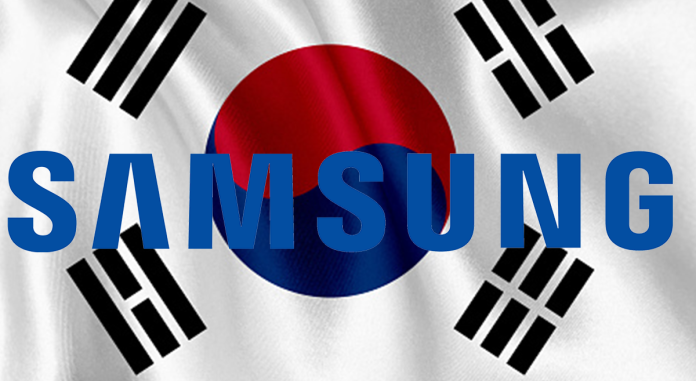The world’s largest maker of electronics, Samsung, says it will contribute almost 300 trillion won ($230.8 billion; £189.6 billion) over a 20-year period to the South Korean government’s effort to create a major semiconductor hub there.
Five chip facilities would be built with this money, the company told the BBC.
The largest producer of memory chips, cellphones, and TVs worldwide is Samsung.
According to the official proposal, businesses in high-tech sectors will receive perks including increased tax savings and infrastructure support.
The mega cluster “will be the core base of our semiconductor ecosystem,” according to a statement released on Wednesday by the South Korean Ministry of Trade, Industry, and Energy.
Related post: Chinese owners of TikTok must split off their shares or face a US ban, according to the Biden administration
According to the statement, the country aimed to “jump forward as a leading country in the middle of tough global competition for sophisticated sectors” by securing around 550 trillion won in private sector investment.
According to Paul Triolo of the international consultancy company Albright Stonebridge Group, “key players are speeding up efforts to enhance onshore manufacturing in the semiconductor sector” as a result of South Korea’s action.
The trinity of research parks in Taiwan comprise a significant cluster that has drawn numerous additional businesses, both upstream and downstream in the supply chain. “It wants to somewhat mimic that,” he said.
The US and China are embroiled in a nasty trade war over semiconductors, which power everything from mobile phones to military weapons.
No matter where in the globe the chips are produced, Washington stated in October that it would want licenses from businesses exporting them to China using US equipment or software.
The Netherlands announced last week that in order to safeguard national security, it likewise intended to impose limitations on the export of its “most advanced” microprocessor technology.
The South Korean trade ministry voiced worries about the US semiconductor policy around the same time.
The ministry stated the Chips Act “may create business uncertainty, infringe enterprises’ management and technology rights as well as make the United States less attractive as an investment choice”.
China has frequently referred to the US as a “tech hegemony” in response to export restrictions put in place by Washington.
SK Hynix and other significant microprocessor producers are based in South Korea.



















